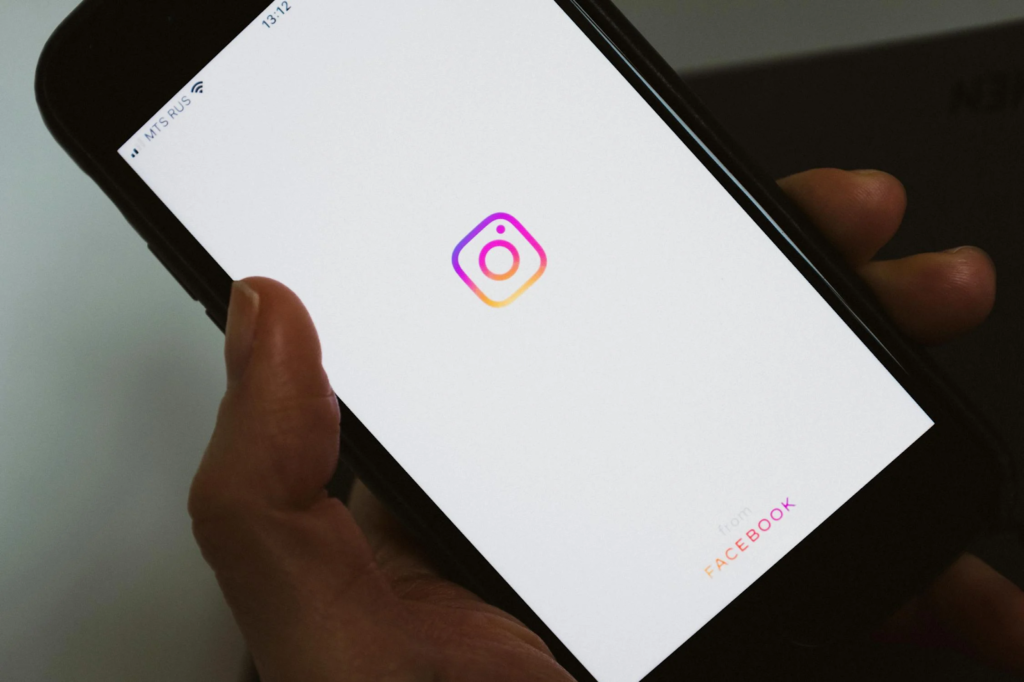Social media has revolutionized how people interact with each other. It facilitates connection with friends, families, and people who share common interests. Nevertheless, social media has also led to increased comparison, unrealistic expectations, and adverse mental health effects. At Parinda Parikh MD PC, identifying and stopping the negative patterns that social media can foster can prevent individuals from developing mental health conditions.
Addiction:
Social media apps can be addicting and are made to be so. Platforms like YouTube, TikTok, and Instagram can become experts at understanding who you are and what you are interested in based on the content you consume. It is important to note that this information isn’t always what you like but what you spend most of your time looking at. This can potentially lead to the algorithm targeting your insecurities like body image or identity. This targeted algorithm can also negatively affect people’s perception of reality. It can box them into a biased worldview based on whatever the algorithm feeds the user.

The psychology of risk and reward is another aspect that makes social media addicting. In posting pictures or stories, there is a potential for a future reward. The individual doesn’t know how many likes a picture will get or who will like the picture. Once a picture is posted, it is followed by instant gratification of likes and comments. This leads individuals to constantly check platforms in hopes of a future reward.
Metal Health Effects:
Validation from these sites becomes a major reason individuals return to the platforms. The need to check these sites becomes like a compulsive tic. We seek them for quick hits of dopamine and escape from uncomfortable situations of daily life, like problems at work, school, or home. It can also disrupt healthy behaviors like sleeping, eating, or exercising.
Constantly checking these platforms can lead to toxically comparing our lives with carefully selected pictures that depict other’s lives. It can also increase FOMO (fear of missing out) because we see what our friends do when we are not with them. These can increase stress, anxiety, and depression.

How to Combat Social Media Addiction:
Social media is a great tool to form connections and communities with others. However, it can also harm our worldview and self-image. For these reasons, you should keep yourself accountable for the potential harm that it can cause you and create techniques to check in with yourself and determine whether social media is harming your well-being.
Limit your use:
Placing time limits on your social media can positively affect your relationship with the apps. Additionally, it can make you aware of how often you gravitate to opening it. It is also recommended not to check social media before you go to sleep or right when you wake up, as it disrupts your body’s natural sleep-wake rhythm.

Self-reflection:
Checking in to see how you feel after using social media can also help you combat the adverse effects of social media. Does the content you consume leave you feeling happier, sadder, more anxious, or relieved? How does what you are consuming affect your thought patterns when you are participating in other activities?

Seek professional help if needed:
If social media is causing you to experience symptoms of anxiety or depression, we encourage you to seek professional help. Dr. Parikh Parinda’s patient care is comprehensive and patient-centered, aiming to address the unique needs of each individual’s mental health concerns.

~ Team at Dr. Parinda Parikh’s Facility

